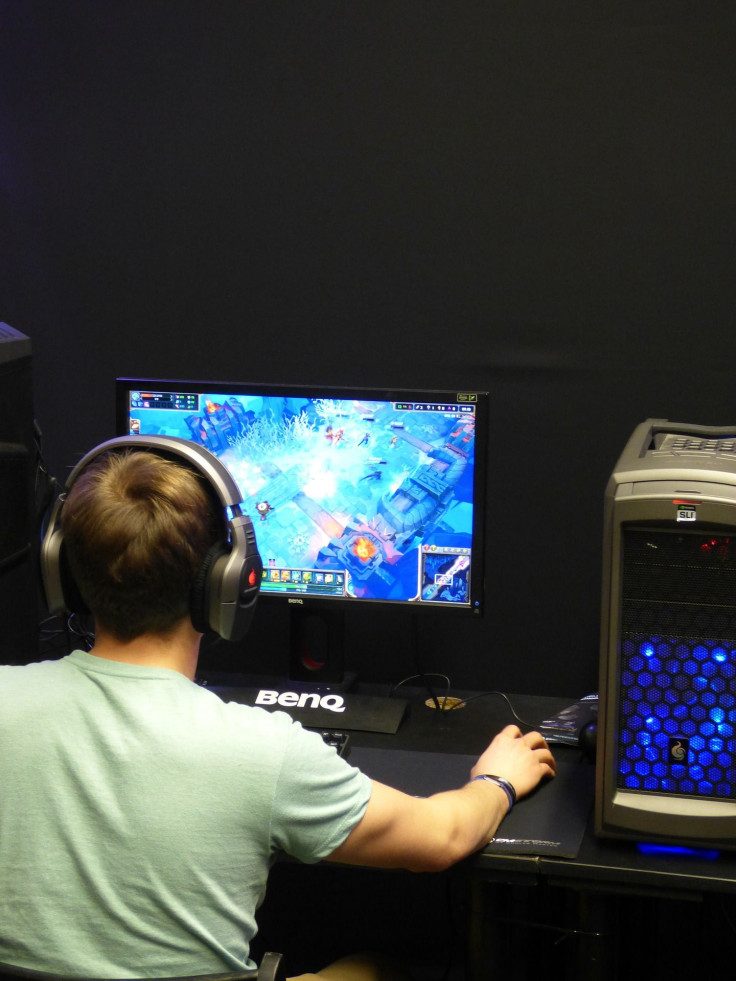Video Games As Treatment For Traumatic Brain Injuries: Gaming Improves Attention, Problem Solving

Traumatic brain injuries (TBI) are often difficult to treat, and in severe cases, may leave patients unable to function in their daily lives. People who have sustained repeated blows to the head over a long period of time — like football players — are often at a higher risk of a TBI. Gradual symptoms include headaches, behavioral changes, dizziness, blurred vision, fatigue, and depression.
New research finds an interesting potential treatment for TBIs — first-person shooter computer games may help heal damaged brains. The pilot study, conducted by researchers at Macquarie University in Australia, examined 31 men between the ages of 18 and 65 who had been diagnosed with TBI. During eight weeks, the participants were subject to a “cognitive rehabilitation program” that included both action video games and a joint program that helped them learn skills and strategies in the game. The program was designed to improve attention in the TBI patients.
The researchers found that participants who had been trained to play first-person shooter games while learning the complementary skills and strategies ended up having higher scores for attention and information-processing after the eight weeks. They experienced some other benefits as well, such as being able to carry out daily tasks more efficiently than the control group, which hadn’t been trained in the video game.
Scientists have already examined the mental health and cognitive benefits of gaming — a niche previously assumed to be the arena of nerds. But it turns out that video games (especially action ones) may in fact improve various cognitive functions, including decision making, problem solving, and attention. Anything from the childish simplicity of Super Mario to complex games like Starcraft have been shown to have benefits for your brain. When you play video games, you have to strategize how to win, so your brain’s connections may be improving.
Given this past research, then, it’s not surprising that video games may improve some cognitive aspects in TBI patients. Perhaps it’s video games at the level of virtual reality that will have the most amazing outcomes, however. Virtual reality is now beginning to be used in therapies for a variety of illnesses, including autism, post-traumatic stress disorder, and anxiety.
The latest research adds to a growing pool of knowledge about how various types of head injuries like TBIs and concussions can damage people’s lives, and provides new perspectives on treatment. This is especially important given the new awareness of football-fueled TBIs among teens and young people who are just beginning their lives.
“This type of injury can have lifelong implications,” Dr. Alexandra Vakili, the lead author of the study, said in the press release. “Rehabilitation is a long process, but without intervention the patient may never return to work. The economic benefits of retraining cognitive functioning benefits both the individual and the community at large.”
The researchers note that the study was small and would need to be repeated again on a larger scale in order to learn more about TBI restoration methods. “Given the limitations of the study, the findings provide a rationale for more rigorous cognitive rehabilitation research with larger sample sizes,” the authors write.
Source: Vakili A. Cognitive rehabilitation of attention deficits in traumatic brain injury using action video games: A controlled trial. Cogent Psychology, 2016.



























